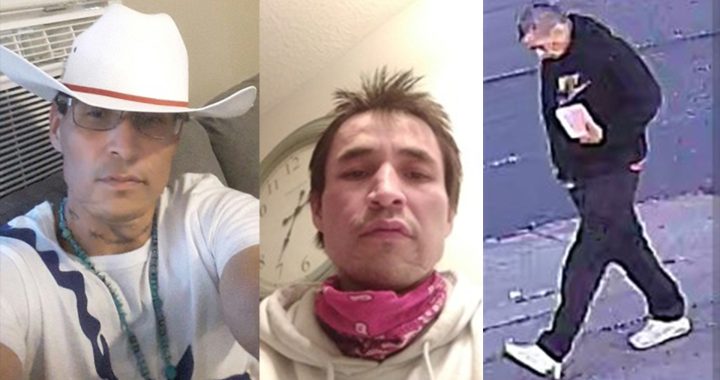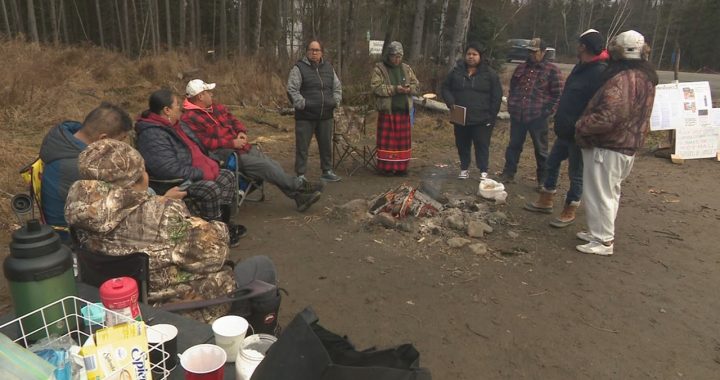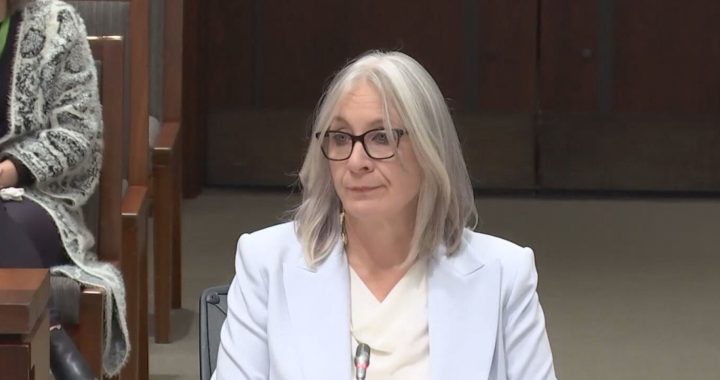Quebec’s human rights commission is investigating allegations of neglect and racism at a group home in the province’s Cote-Nord region.
The Pavillion Richelieu in Baie Comeau, 400 kilometers northeast of Quebec City, houses a substantial population of Innu youth between the ages of 5 and 17.
The investigation was triggered by an extensive report published in the Le Devoir newspaper in late March, where current and former staffers alleged the pavilion is over-crowded, the children are not being educated, and in some cases, they’re even left to sleep on mattresses on the floor.
“The Commission was informed of shortcomings in the services and living conditions of children – mostly Indigenous – housed in rehabilitation centres,” reads a government statement issued March 25.
“A problem of overpopulation is likely to blame for the non-education of some forty children.”
Adding insult to injury, former employees and family members of youth residing at the group home told APTN’s Nouvelles Nationales staff at Pavillion Richelieu are also actively preventing them from speaking Innu on-site.
“The language problem was the same during the time I was there,” recounted Marius Picard, a retired social worker who used to work at Pavillion Richelieu.
“The youth said they didn’t have the right to speak to each other in Innu.”
Picard, who hails from Uashat Mak Mani-Utenam, feels systemic racism contributes to the continued apprehension of Innu children – a problem which prompted more than one protest by community members in fall 2020.
He says he’s not surprised by the human rights investigation but feels hiring Indigenous liaisons is a viable starting point in addressing quality-of-life issues for Innu youth in care.
“[These liaisons] could work with them. In crisis situations, at least [the liaisons] could speak the language,” Picard said.
“But [the CISSS] told us we couldn’t do it. They said the union would jump on it and disagree,” he added. “That was the point where I started asking: ‘do they really want to find solutions?’”
APTN News also interviewed a woman whose granddaughter spent time at the group home.
The child in question is a minor, so APTN has chosen to withhold the grandmother’s name for confidentiality reasons.
“I arrived for a visit and already had the urge to cry before I went in,” the woman explained. “When my granddaughter arrived, we fell into each other’s arms, held each other tightly, and cried. She was crying so hard, she was shaking. And this hurt me because I felt it too.
“We regained composure and started to talk. But then, another obstacle: workers told us no, you can’t speak in Innu. You have to speak French here.”
She says she was ordered by staff not to cry, or to speak Innu, during subsequent visits.
During her interview with Nouvelles Nationales, the woman also expressed concern about quality of education – or total lack thereof – at the Pavillion Richelieu.
“Here I thought ‘she’ll have a prom.’ But she told me no, that there was too much schoolwork to complete,” she said. “She told me she doesn’t go to school – she’s taught at the Pavillion, and it’s a small school.
“As soon as she told me that, I was very disappointed. From the age of 13 to 16 she’s been confined. I regret her years of schooling. She’s never been to a real school. The Pavillion handles her education, apparently.”
By some reports, almost 80 per cent of residents at Pavillion Richelieu are Indigenous.
However, the regional health authority overseeing the group home told APTN in a phone call that stats published in Le Devoir are inaccurate.
A CISSS spokesperson said Innu youth make up less than half the centre’s total population, adding Le Devoir’s reports of neglect, and of overpopulation, are false.
The spokesperson, however, did not provide updated population numbers, and declined APTN’s request for a formal interview.
According to the Quebec Human Rights Commission, a 2013 survey of the Cote-Nord’s youth protection services found “significant shortcomings” in almost every application of the province’s Youth Protection laws.
“In this context, the facts brought to the attention of the Commission today suggest that new shortcomings are observable at the Pavillion Richelieu,” according to their press statement.
The roll-out of the Commission’s investigation is being kept under wraps, and no media interviews are being granted while it is underway.
Meanwhile, family members remain consumed with concern for their loved ones in care.
The young Innu woman who spent her teen years at Pavillion Richelieu was not available for an interview on the topic.
She did, however, give her grandmother permission to share with APTN a poem written during her time there.
“They say they don’t want to assimilate us, that they’ve changed,” reads a line from the poem. “But in truth, I’m living the same thing my Elders did.”
“I’ve had enough.”









